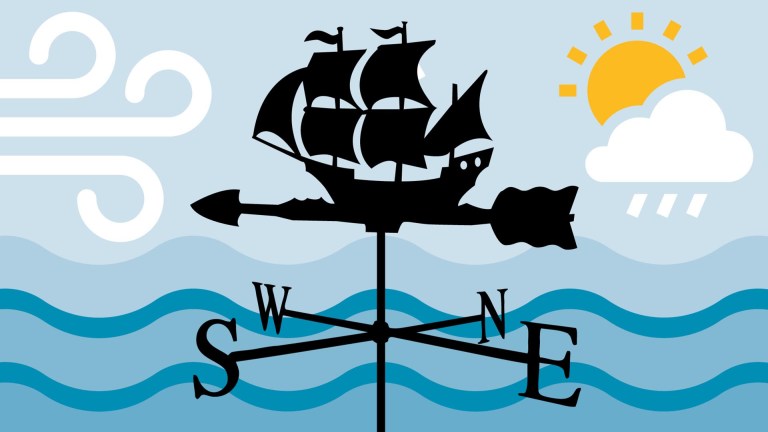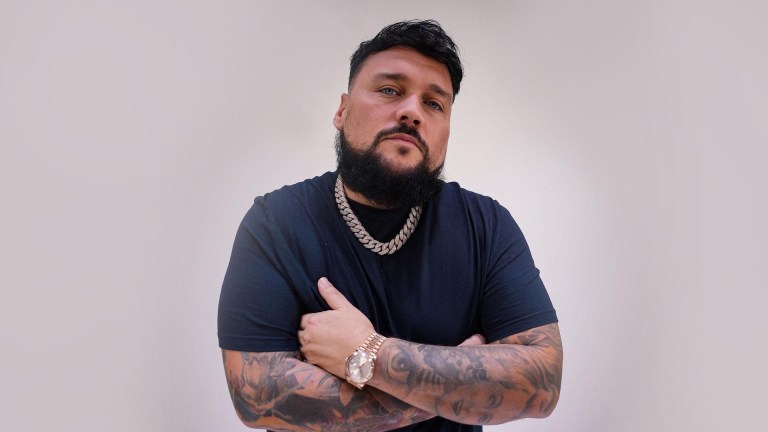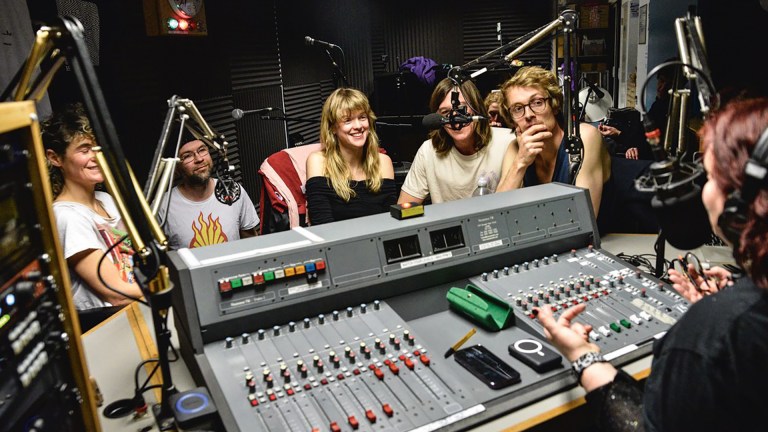Being as narcissistic as any performer is destined to be, I often don’t find out about the existence of a podcast until I have been invited on it. Then I feel startled and foolish for knowing nothing about it before.
The podcast’s advantage over radio is the freedom to break free of specific time limits and restrictions of taste, decency and cultural limitations which can sometimes be imposed by broadcasting regulations and the pedantry of executives desperate to ensure their murky footprint is somehow on the show, a footprint which can be covertly and stealthily erased should the final product fail to find praise and prizes.
The podcast’s freedom can lead to self-indulgence, but this liberation can also create conversations reminiscent of the best nights of low-key drinking, where inebriation is never quite reached, but a freedom of expression is.
Cariad Lloyd’s Griefcast was lauded at the British Podcast Awards. It is a simple format for a difficult subject. Comedian Lloyd’s father died when she was 15. Twenty years after his death, she started talking about him more, part of that strange human process of things coming more into focus the further away we get from them.
Much of this talking is done on her podcast where she invites another person, more often than not a comedian, to discuss someone they have lost. In all the bustle of bereavement we can be lost in the arrangements and the attention and then, a few weeks later, after all those times people have said “sorry for your loss” or similar, that attention stops and you’re back to being another person in the world who just happens to have one less person to love or be loved by. Even in the process of grieving, you can become worried and self-critical. Are you grieving correctly? Is this how you are meant to feel? Are people looking at you with scorn and muttering, “Hmm, I don’t think that person is very good at mourning”?
Creating the monologue, making the grief into something public and something with shape and form, was part of the ongoing process of dealing with the catastrophic
A recent guest was Rebecca Peyton, an actor who had turned her grief into a monologue, Sometimes I Laugh Like My Sister. Her sister, Kate, was murdered in Mogadishu while working for the BBC. She was soon to be married and Rebecca was active in preparing the celebrations. On her way to a fringe play she was in, Rebecca saw the news change from “she’s been shot, but it should be OK” to “Kate is dead.”









